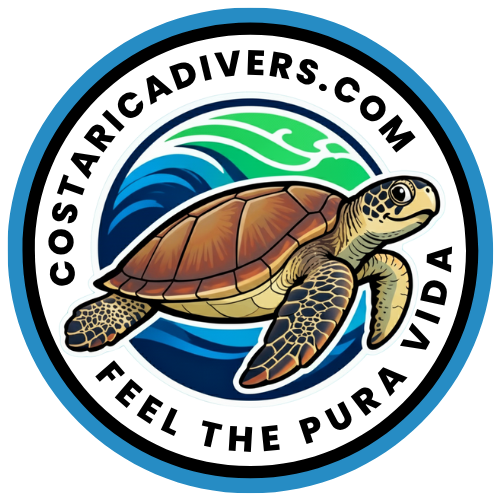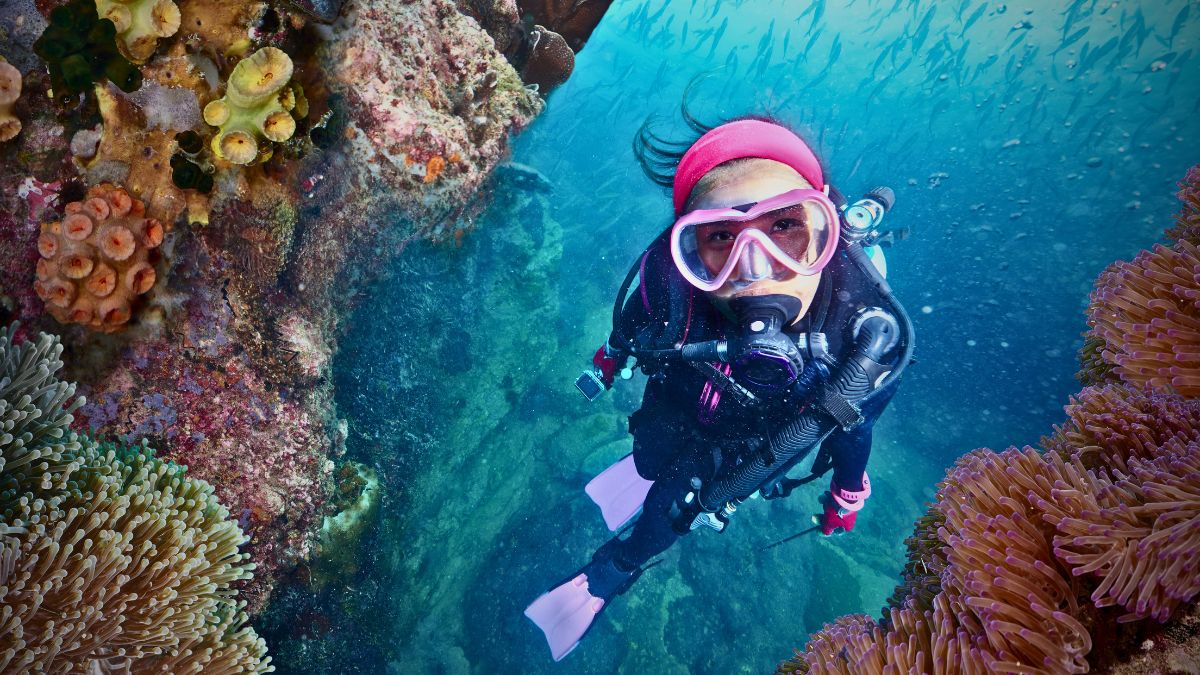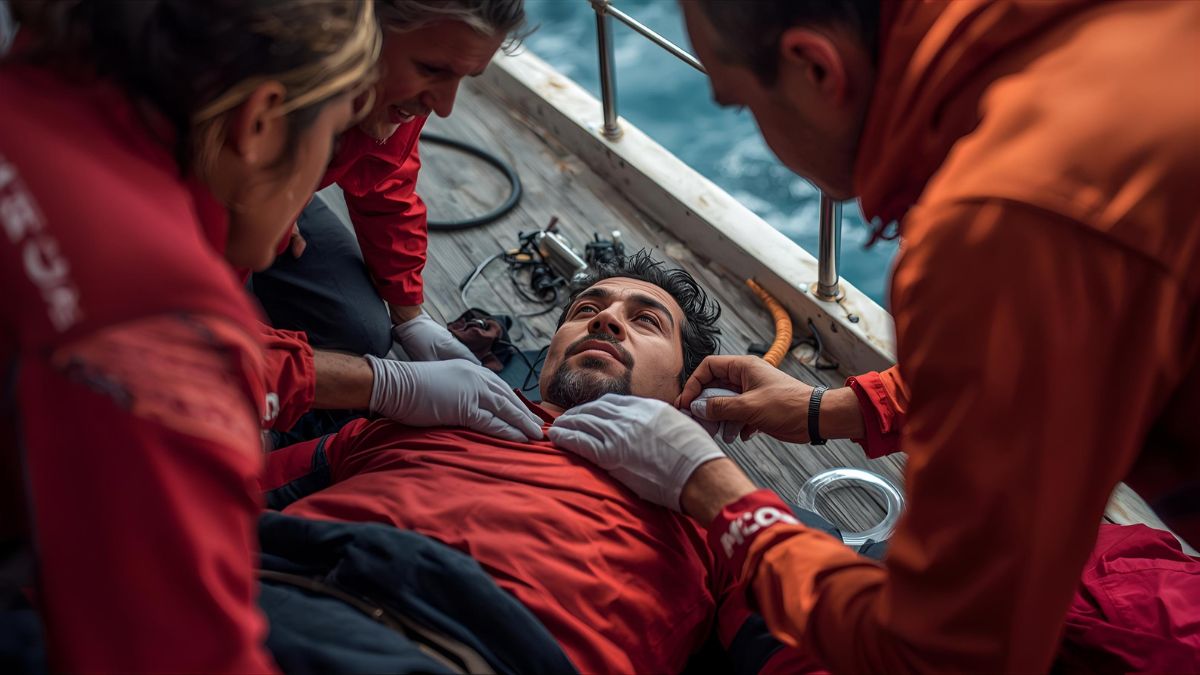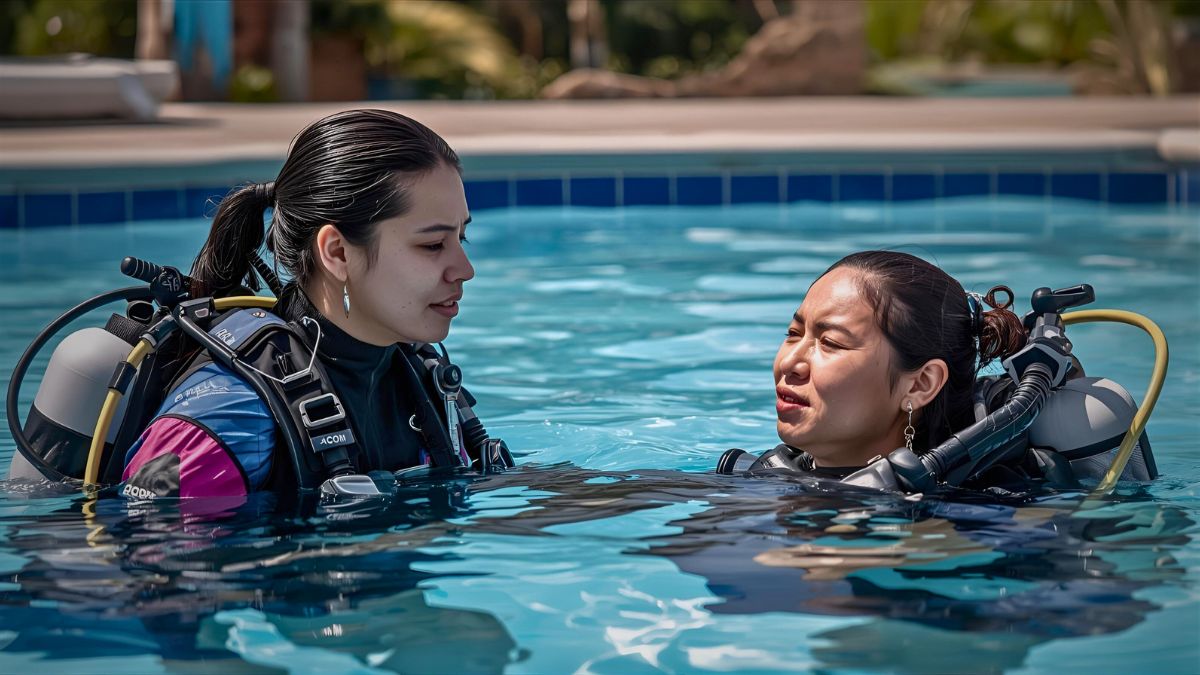Would you like to take a diving course but don’t know which training organization to choose? PADI, SSI, CMAS, NAUI… There are too many of them, and how are you supposed to know which diving organization is the best?
I’ve been a dive instructor for many years, and I know this world from behind the scenes. Today I’ll explain everything step by step, so by the end of this article you’ll know exactly which diving organization to choose.
But here’s something that might surprise you: you may not need to worry about the organization as much as you think. Because what really matters is something completely different, and most dive schools won’t tell you this…
Why Do Diving Organizations Exist?
Before we compare PADI to SSI or argue about NAUI versus CMAS, let’s talk about why we even need these organizations in the first place.
Where Did the Need for Diving Organizations Come From?
The story begins in the 1950s and 60s when recreational diving was just taking off. Back then, diving was the Wild West of water sports. People were building their own equipment in garages, using homemade gear, and going underwater with absolutely no understanding of physics, decompression, or time limits.
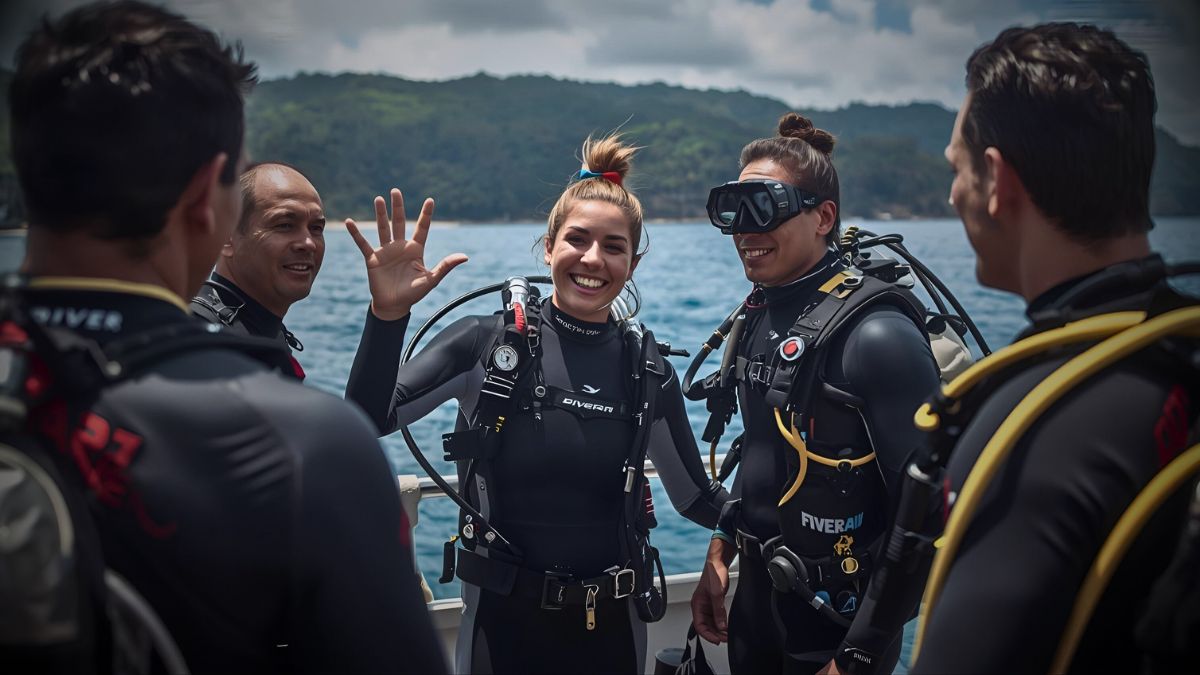
You can imagine how that ended.
Accidents were happening regularly. Something had to change.
Enter Jacques Cousteau, the French explorer and diver who saw the chaos and said, “We need standards.” In 1959, he helped establish CMAS (Confédération Mondiale des Activités Subaquatiques), the world’s first international diving organization. More than a dozen countries joined immediately, and for the first time, the same diving standards began to apply almost everywhere in the world.
The creation of diving organizations wasn’t just a good idea. It was absolutely necessary to prevent serious disasters.
Did you know? Before standardized diving training existed, people literally made scuba equipment in their garages using hammers and saws. Can you imagine testing that gear for the first time underwater?
Can You Dive Without a Scuba Certification?
Here’s an interesting question that people still ask: can you dive without a license?
The short answer is yes. It’s not illegal to dive without training or certification. Just like it’s not illegal to jump off a roof or stab yourself in the foot.
Your life, your decisions.
But if you’re planning on winning a Darwin Award, diving without training is a fantastic option. For everyone else who values staying alive, getting proper certification from a recognized diving organization is the smart move.
How Do Diving Organizations Actually Work?
Let’s get real for a moment about what diving organizations actually are.
Are Diving Organizations Non-Profit or For-Profit Businesses?
Most diving organizations were created for two main purposes. The first is to provide ready-made training standards for instructors and attract as many divers as possible. The second purpose, perhaps even more important, is to make money.
Yes, I said it. None of the major diving organizations are charities doing this for the good of humanity. This is business in a very competitive industry. A business that needs to make a profit.
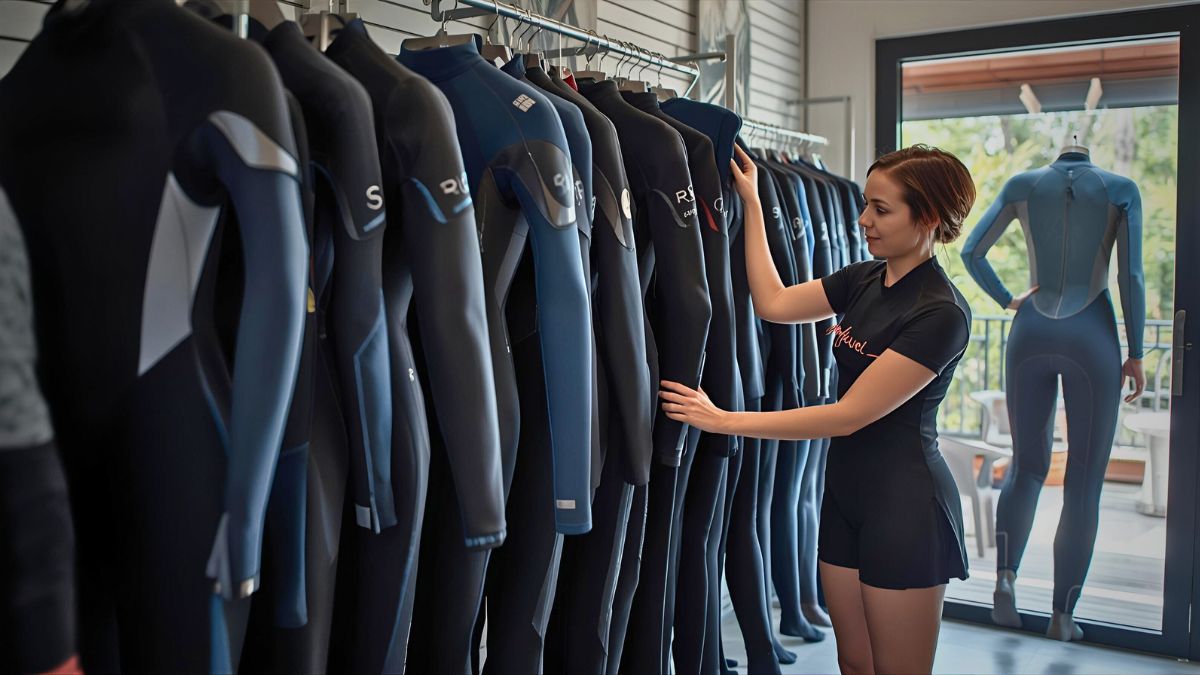
But that’s actually good for you. Where there’s competition, quality improves. Organizations have to keep innovating, improving their materials, and maintaining standards, or divers will go somewhere else.
Some organizations are non-profit (like NAUI and CMAS), while others are commercial businesses (like PADI and SSI). Does this difference matter for your training quality? Not really. Both types have to meet the same international standards.
What Are RSTC and ISO Standards in Diving?
Here’s something most dive centers won’t explain to you: all major diving organizations follow the same international standards.
The RSTC (Recreational Scuba Training Council) and ISO (International Organization for Standardization) have established minimum requirements for what every certified diver needs to know and demonstrate. Every legitimate diving organization follows these standards.
What does this mean for you?
It means that whether you get certified through PADI, SSI, NAUI, or any other RSTC-compliant organization, you’re learning the same core skills. The same safety protocols. The same basic knowledge.
The differences between organizations are mostly in teaching style, course structure, and marketing. Not in fundamental safety or competency requirements.
This is why certifications from different organizations are recognized worldwide. A PADI Open Water diver can dive with an SSI dive center, and vice versa. No problem.
The Major Scuba Diving Organizations — Which One Should You Choose?
Now let’s look at the specific organizations you’ll encounter. I’ll give you the real story on each one, not just the marketing pitch.
PADI (Professional Association of Diving Instructors)
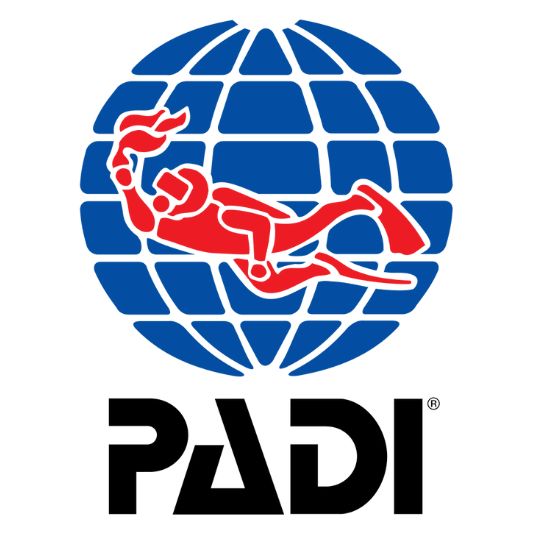
PADI was founded in the United States in 1967 by John Cronin and Ralph Erickson. Today it’s the largest diving organization in the world.
And I mean largest by a huge margin. PADI dive centers exist in more than 180 countries. About 130,000 instructors and divemasters hold PADI qualifications. An estimated 70% of all diving certificates issued worldwide come from PADI.
I’ve been a PADI instructor for many years, and I’ll recommend this organization to you. Not because it’s perfect or because I’m loyal to the brand, but because it offers the best value for money in most situations.
Own training programs for recreational scuba divers
PADI developed a modular training system that makes it easy to progress from beginner to advanced to professional levels. Based on extensive research, they introduced many of the safe diving standards we all follow today, including safe ascent speeds and depth limits for different certification levels.
The training materials are comprehensive and well-designed. The courses are standardized, which means you get consistent quality whether you’re learning in Thailand, Mexico, or Costa Rica.
Best for: Anyone who travels frequently and wants guaranteed recognition anywhere in the world. First-time divers who want clear structure and excellent learning materials.
SSI (Scuba Schools International)
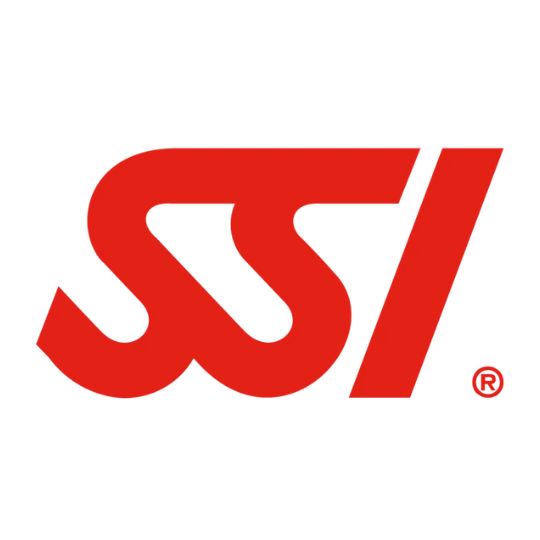
The SSI Diving Federation was founded in the 1970s in the United States. In 1999, SSI merged with NASDS (National Association of Scuba Diving Schools), which gave them much greater recognition overnight.
SSI is now the second-largest diving organization globally, with more than 2,800 dive centers worldwide.
Here’s what makes SSI different: instructors must teach at SSI-authorized dive centers. They can’t work independently like PADI instructors can. This affects availability in remote locations, but it also means the organization has tighter quality control over where and how training happens.
High standards and growing popularity (and hey… cheaper than PADI)
The training system is similar to other organizations. Standards are clearly defined and apply worldwide. SSI puts a lot of emphasis on digital learning materials, and their online platform is user-friendly.
SSI certifications are recognized everywhere, and you can easily switch to another organization for advanced training if you want.
Best for: Divers who value personalized instruction at established dive centers. People who appreciate modern digital learning tools.
CMAS (Confédération Mondiale des Activités Subaquatiques)

CMAS is the grandparent of all diving organizations. Founded in Monaco in 1959 with Jacques-Yves Cousteau as its first president, this non-profit organization was created to promote diving development and standardize training.
The headquarters is in Paris, and CMAS operates more like a federation of national diving organizations than a single centralized business. Individual countries have significant freedom in how they implement CMAS standards.
A very big story in the world of diving
CMAS has a more traditional, European approach to diving education. The training tends to be more rigorous and technical from the beginning. They emphasize practical skills heavily.
CMAS certifications are recognized worldwide. There’s no problem continuing your training with another organization if you start with CMAS.
Best for: Divers in Europe or those who prefer traditional, thorough training approaches. People interested in the historical roots of recreational diving.
NAUI (National Association of Underwater Instructors)
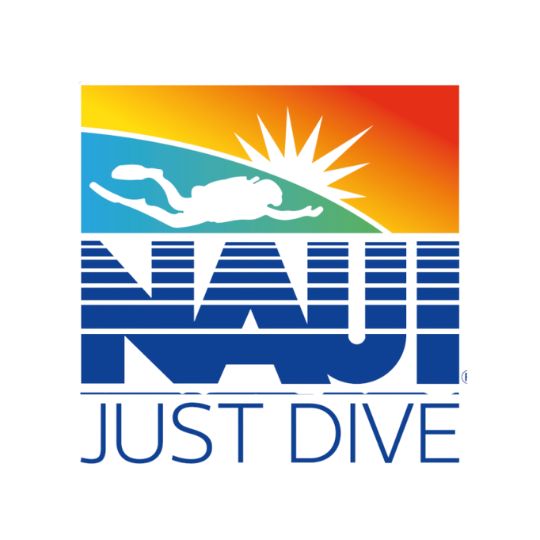
NAUI was founded in California in 1961, making it one of the oldest diving organizations. It’s a non-profit educational association, which sets it apart from commercial organizations.
NAUI’s philosophy is “quality over quantity.” They prefer to train fewer divers who really know what they’re doing rather than pushing through large numbers of students.
The Navy SEALs use NAUI professionals and curriculum. So does NASA’s Neutral Buoyancy Laboratory for spacewalk training. That gives you an idea of the quality and respect this organization has in professional circles.
More flexibility than other scuba organizations
NAUI instructors have more flexibility than other organizations. If an instructor thinks you need extra open water dives to master a skill, they can add them. The course adapts to your learning pace rather than forcing you into a fixed timeline.
NAUI is strong in North America, Central America, and has presence in Europe and the Middle East, but it’s not as globally widespread as PADI or SSI.
Best for: Divers who want personalized, flexible training. People in the United States looking for well-established, quality-focused instruction.
SDI (Scuba Diving International)
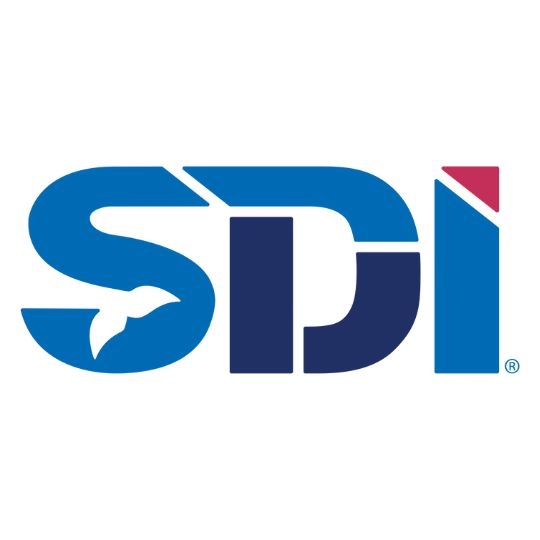
SDI is the newer kid on the block, founded in 1998. It’s the recreational diving arm of TDI (Technical Diving International), which is the world’s largest technical diving training agency.
Because SDI comes from the technical diving world, their approach is a bit different. They’re more equipment-forward and practical from day one. SDI was the first organization to require students to use modern dive computers instead of relying only on dive tables.
Many SDI instructors are also TDI instructors, which means they bring technical diving knowledge to recreational training. If you think you might want to pursue technical diving later, starting with SDI gives you instructors who understand that pathway.
A fast track to technical diving
SDI is also the only major organization that offers a Solo Diver certification, allowing certified divers to dive alone. Every other organization mandates buddy diving at all times.
Best for: Divers interested in technical diving eventually. People who want to learn with modern equipment and practical approaches from the start.
RAID (Rebreather Association of International Divers)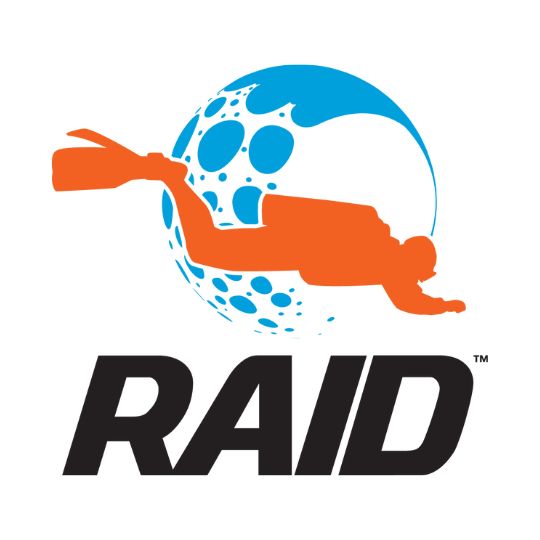
RAID was founded in 2007, making it one of the youngest major diving organizations. Originally focused on rebreather diving (a specialized type of equipment), RAID has since expanded to cover recreational diving, freediving, and technical diving.
RAID takes a modern, digital-first approach. All theoretical training is done online and is free. This makes it very accessible for people who want to study at their own pace before getting in the water.
RAID requires more practical water hours than most other organizations. They believe in learning by doing, so you spend more time actually diving during your certification.
The organization is still building recognition compared to giants like PADI or SSI, but it’s growing quickly, especially in Asia Pacific regions.
Best for: Tech-savvy divers who like digital learning platforms. People who want extensive practical water time during training.
IANTD (International Association of Nitrox and Technical Divers)
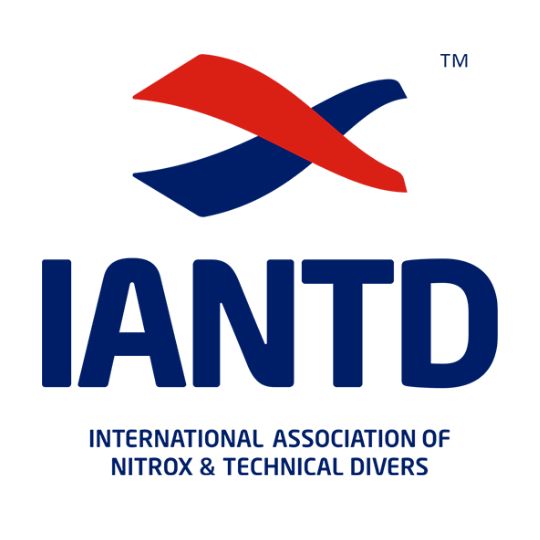
IANTD was founded in 1991 and was the first diving organization to introduce nitrox (enriched air) into recreational training courses. Later they added trimix and other advanced gas mixtures.
This organization focuses more on technical training. Even their recreational courses are designed as stepping stones toward technical diving. The training standards are more extensive and equipment requirements are higher than recreational-focused organizations.
If you’re serious about eventually doing deep diving, cold water diving, or other technical specialties, IANTD prepares you well from the beginning. But if you just want to dive recreationally on vacations, their approach might be more than you need.
Best for: Divers committed to pursuing technical diving. People who want comprehensive, equipment-intensive training from the start.
TDI (Technical Diving International)
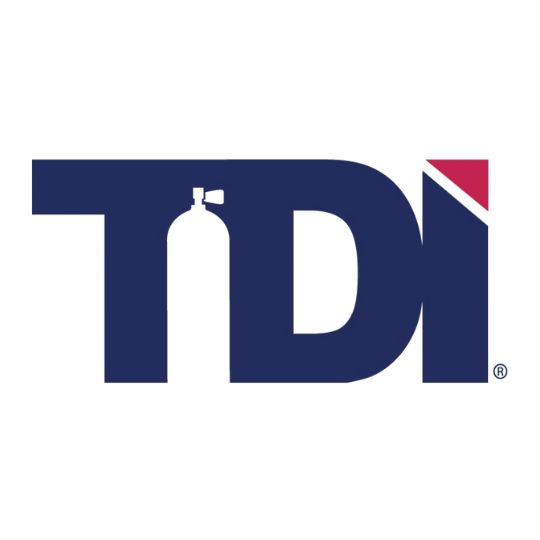
TDI specializes entirely in technical diving. They’re probably the largest technical diving certification agency in the world.
Technical diving means going beyond recreational limits: deeper dives, overhead environments like caves and wrecks, use of multiple gas mixtures, and decompression diving. This requires significantly more training and equipment than recreational diving.
TDI offers courses in rebreather diving, trimix, cave diving, and other advanced specialties. Their courses prepare you for emergency situations and extreme diving conditions.
Unless you’re specifically interested in technical diving, TDI isn’t where you’ll start your diving journey. But it’s good to know they exist for when you’re ready to push beyond recreational limits.
Best for: Experienced divers ready to pursue technical certifications. People interested in cave diving, deep wreck penetration, or commercial diving careers.
Fun fact: PADI certifies approximately 1 million new divers every year. That’s about 2,740 new divers every single day worldwide!
Diving Organizations for People with Disabilities
One of the best things about scuba diving is that almost anyone can do it. Underwater, many disabilities don’t matter anymore. The buoyancy of water equalizes physical limitations in ways that no land-based sport can match.
That’s why specialized diving organizations exist to make diving accessible to everyone.
HSA (Handicapped Scuba Association)
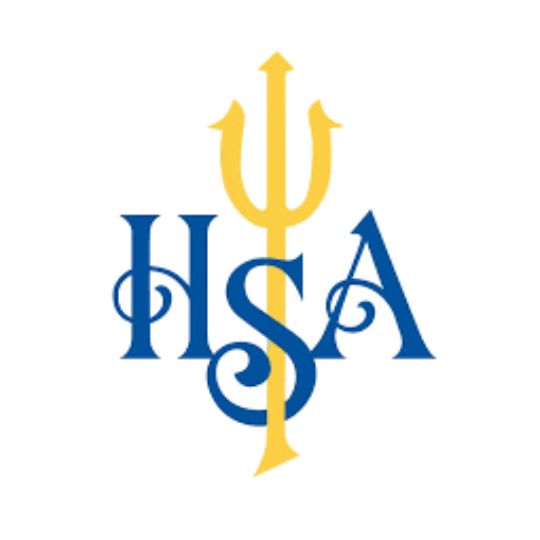
HSA was founded in the United States in 1981 specifically to train people with disabilities. It’s a non-profit organization that developed specialized training standards now used worldwide.
HSA works with various types of physical and cognitive disabilities, adapting equipment and techniques as needed. Their instructors receive specialized training in working with different disability types.
Diving certificates issued by HSA are recognized at all dive centers worldwide.
Best for: Divers with physical or cognitive disabilities who want specialized instruction and adapted equipment.
IAHD (International Association for Handicapped Divers)
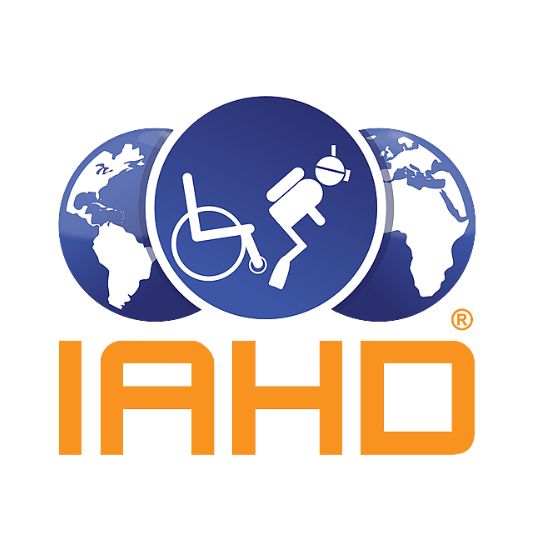
IAHD is a non-profit organization based in the Netherlands. Like HSA, they’re dedicated to promoting diving for people with disabilities.
IAHD offers courses for people with physical or mental disabilities and trains instructors to work effectively with disabled divers. Because it’s a non-profit foundation, all board members and many local representatives are volunteers driven by passion rather than profit.
Best for: Divers with disabilities looking for international training standards. People interested in adapted diving instruction.
What’s the Real Secret the Diving Industry Doesn’t Tell You?
Okay, sit down for this one. I’m about to tell you something that dive organizations don’t advertise and that most dive centers won’t say out loud.
Why Does Your Instructor Matter More Than the Logo on Your Card?
All diving organizations shout in their marketing that they’re THE BEST, THE BIGGEST, or THE MOST INNOVATIVE. As dive instructors, we’re supposed to repeat that the organization whose logo we wear is superior and that you should buy all your courses from us.
But here’s the truth: what logo you have on your certification card is completely irrelevant.
What matters is your actual diving skills and the quality of your training. And those things depend almost entirely on your scuba instructor, not the organization.
The organization provides the framework and standards. The instructor brings those standards to life and actually teaches you how to dive safely.
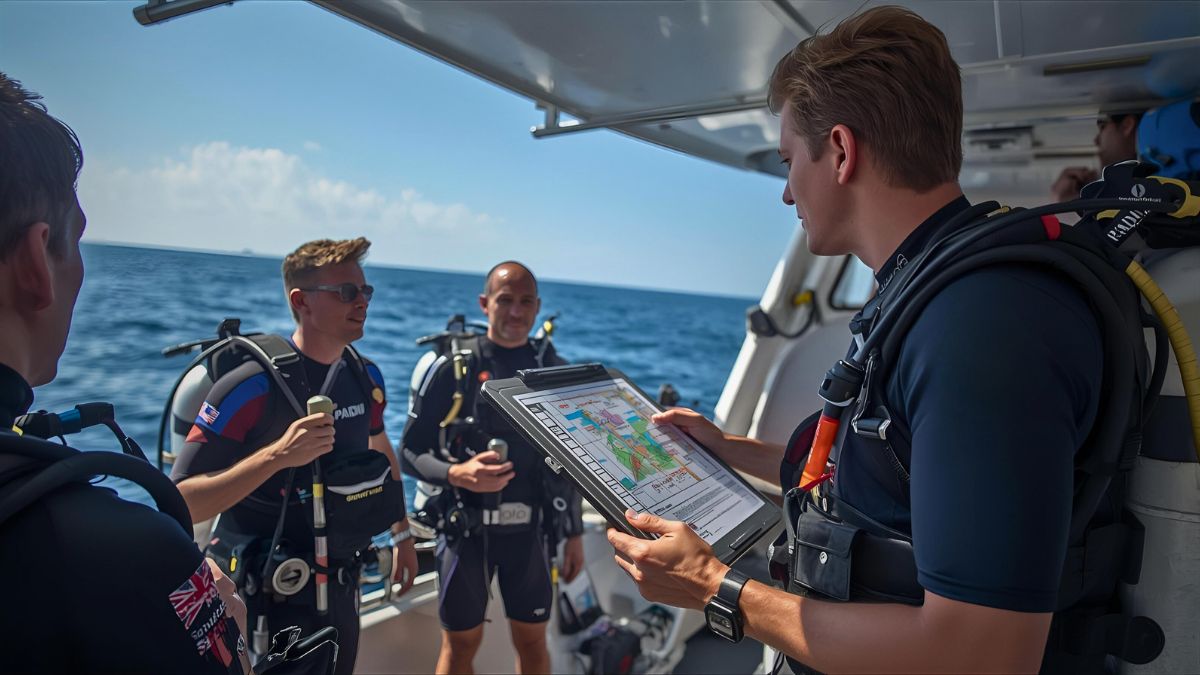
How Do You Find a Great Diving Instructor?
Stop thinking about logos and start thinking about instructor quality.
Here’s what to look for:
Experience matters
Ask how long they’ve been instructing and how many students they’ve certified. An instructor with five years and 500+ certifications has seen everything and knows how to handle different learning styles.
Passion shows
Great instructors dive in their free time because they love it. They pursue additional training and specialties. They don’t treat diving as an 8-to-5 job where they’re just collecting paychecks.
They develop their skills
Ask what additional certifications or specialties the instructor has. Are they taking advanced courses themselves? Do they stay current with new techniques and safety research?
They communicate well
During your initial call or meeting, do they answer your questions clearly? Do they make you feel comfortable? Can they explain complex concepts in simple terms?
They’re transparent about costs
Great instructors and dive centers tell you exactly what’s included in the course price. No hidden fees. No surprise charges for equipment rental or certification cards. You know the total cost upfront.
Want to know more about verifying instructor credentials? Learn how to check scuba instructor qualifications before you book your course.
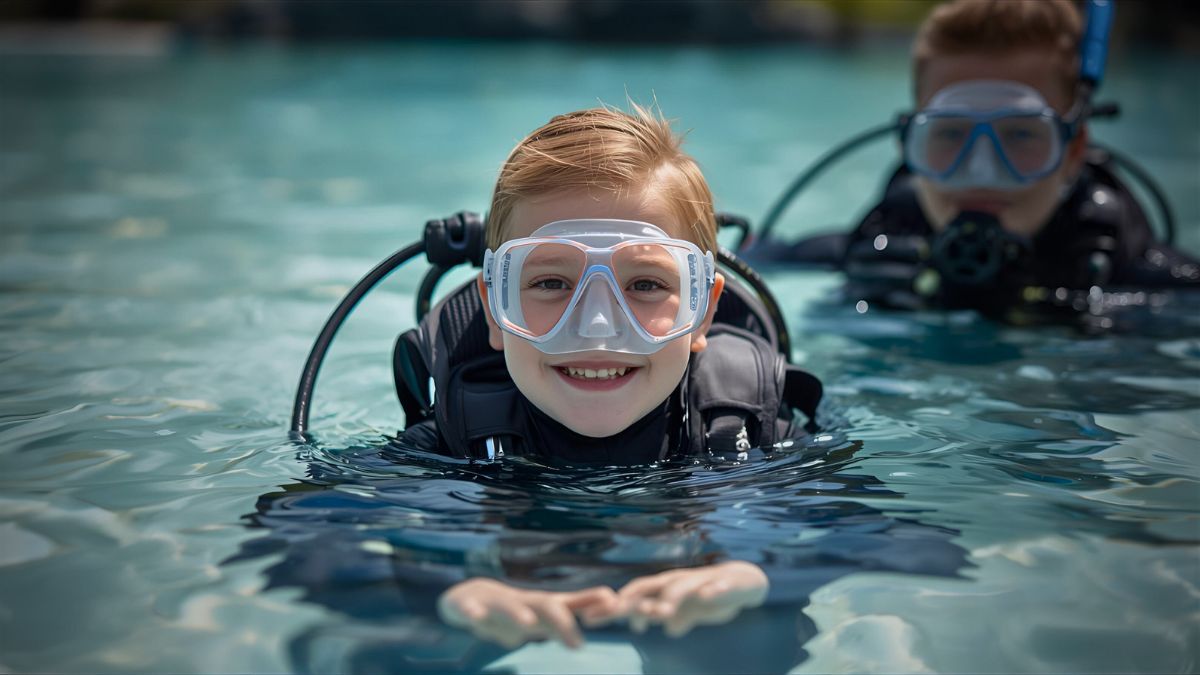
Quick Decision Guide — Which Diving Organization Is Right for You?
Let me make this simple with some practical scenarios.
What Questions Should You Ask Before Choosing?
Where do you plan to dive?
If you’re going to travel and dive in different countries, choose an organization with strong global recognition. PADI and SSI are your safest bets. If you’ll mostly dive in one region, local organizations like BSAC (UK) or CMAS (Europe) work great.
What are your diving goals?
Recreational vacation diving? Any major organization works fine. Eventually want to do technical diving? Consider starting with SDI, IANTD, or TDI. Interested in dive professional careers? PADI has the largest professional pathway.
What’s your learning style?
Prefer digital learning? SSI and RAID offer excellent online platforms. Like traditional classroom teaching? NAUI and CMAS emphasize in-person instruction. Want flexible, personalized pacing? NAUI gives instructors the most freedom to adapt.
What’s your budget?
Be realistic about total costs, not just course prices. PADI and SSI materials cost more, but their standardization often means smoother progression. CMAS can be cheaper through club memberships. RAID offers free online theory.
Is there a great local dive center?
Honestly, this matters more than the organization. A fantastic dive center teaching through SSI beats a mediocre center teaching through PADI. Visit local centers, talk to instructors, read reviews, and choose based on quality.
Does Your Certification Work Everywhere in the World?
Yes, with very rare exceptions.
All major diving organizations (PADI, SSI, NAUI, SDI, CMAS, etc.) are recognized worldwide because they follow RSTC and ISO standards. Your Open Water certification from one organization is accepted by dive centers affiliated with other organizations.
Occasionally, a dive center might ask to see your logbook or do a quick skills check if they’re unfamiliar with a smaller organization. But this is rare and usually just involves demonstrating basic skills like mask clearing and buoyancy control.
If you’re certified with a truly obscure local organization that doesn’t follow international standards, you might have trouble. But if you stick with any of the organizations discussed in this article, you’ll have zero problems diving anywhere in the world.
Frequently Asked Questions
Which diving organization is the most recognized worldwide?
PADI is the most recognized diving organization globally, with certifications in over 180 countries and approximately 70% of all diving certificates issued worldwide. However, SSI, NAUI, CMAS, and SDI are also widely recognized and accepted at dive centers everywhere.
Can I switch between diving organizations for advanced courses?
Absolutely. You can start your Open Water certification with one organization and continue with advanced courses through another. All major organizations recognize each other’s certifications because they follow the same international RSTC and ISO standards. You might occasionally need to show your logbook to verify your experience level.
Is one diving organization safer than another?
No. All legitimate diving organizations follow the same minimum safety standards set by RSTC and ISO. The safety of your training depends far more on your instructor’s quality and the dive center’s standards than on which organization logo is on your card. A great instructor teaching any organization’s curriculum will keep you safe.
How much does scuba certification cost with different organizations?
Open Water certification typically costs between $350-$600 USD depending on location, organization, and what’s included. PADI and SSI tend to be in the mid-to-upper range due to comprehensive materials. CMAS can be cheaper through club memberships. RAID offers free online theory but charges for practical training. Always ask about total costs including equipment rental, certification cards, and course materials before enrolling.
Do employers prefer certain diving certifications?
For recreational dive guide or divemaster positions, PADI is most recognized simply due to market share. For technical diving jobs, TDI and IANTD certifications carry weight. For scientific diving, NAUI and CMAS have strong reputations. But ultimately, employers care more about your total number of logged dives, experience in local conditions, and skills demonstration than which organization certified you.
Sources and References
This article is based on industry-standard information and the author’s professional experience as a certified dive instructor. Key facts were verified through the following authoritative sources:
- PADI – Official website for history, and training standards
- SSI – Official website for SSI certification programs
- CMAS – Official website for CMAS history and standards
- NAUI – Official website for NAUI training philosophy and programs
- WRSTC – International standards body for recreational diving training
